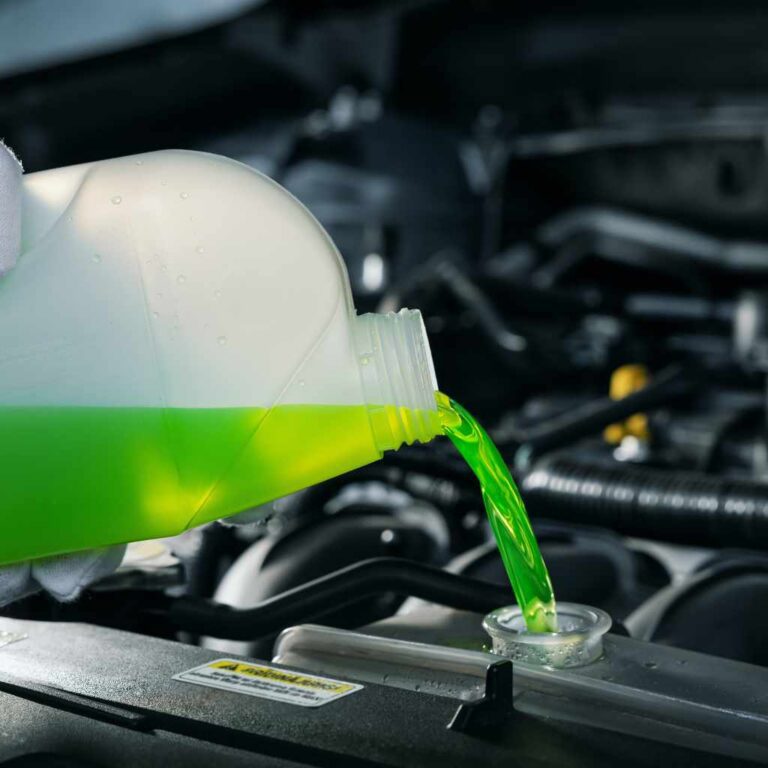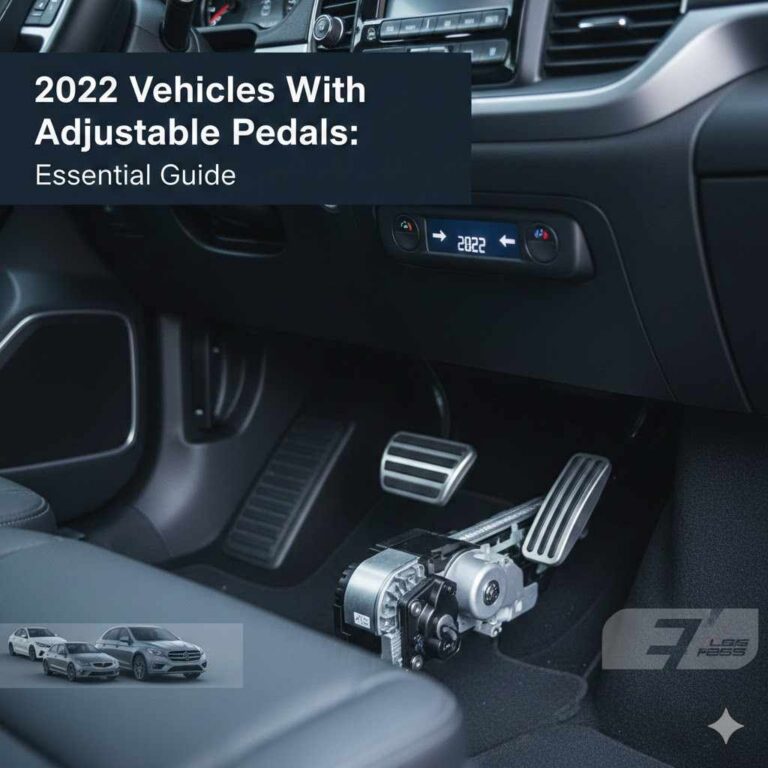How Much Will Dealers Come Down on a Used Car: Insider Tips
Dealers are often willing to negotiate the price of a used car, but the extent of the discount depends on various factors such as the seller, vehicle condition, and your negotiation skills. It is generally recommended to aim for paying the market value of the car to ensure a fair price for both parties.
However, the specific amount that dealers will come down on a used car can vary.
Introduction To Used Car Pricing
When it comes to negotiating the price of a used car with a dealership, it is important to understand the market dynamics at play. Dealerships have various overhead expenses, such as rent, employee salaries, and advertising costs, that they need to cover. These expenses can affect how much they are willing to come down on the price of a used car.
It is worth noting that the level of negotiation may vary depending on factors such as the individual seller, the condition of the vehicle, and your negotiation skills. However, as a general rule of thumb, aiming to pay the market value of the vehicle is a fair approach for both parties involved.
It’s important to do your research and understand the market value of the specific used car you are interested in before entering into negotiations with a dealership. This will give you a better idea of the fair price range and help you negotiate effectively.
Starting The Negotiation
When starting the negotiation for a used car, it’s important to consider the initial price offer. Setting the stage with a well-researched offer can make a significant impact. Understanding the dealer’s price tag and the market value of the vehicle is crucial. It often comes down to the individual seller, the vehicle’s condition, and the impression you make. A good rule of thumb when deciding how much to negotiate on a used car is to aim for paying the market value of the vehicle, since that’s likely a fair price for both parties. Taking the time to research and understand the pricing dynamics can empower you in the negotiation process.
Research Before You Bargain
When it comes to negotiating the price of a used car, it is crucial to do your research beforehand. Understanding the vehicle’s history is of utmost importance in determining its market value. Comparing market values can give you a better idea of how much you can negotiate on a used car. Keep in mind that the negotiation process will depend on various factors such as the individual seller, the condition of the vehicle, and the impression you make.
A good rule of thumb is to aim for paying the market value of the vehicle, as this is likely a fair price for both parties. Remember, dealerships have some room to negotiate, but the extent may vary. It’s essential to be well-informed and prepared before entering negotiations with a used car dealer.
By following these guidelines, you can increase your chances of getting a good deal on a used car. So, before you start bargaining, make sure to do your due diligence and research thoroughly.
Dealer’s Incentives And Margins
When it comes to purchasing a used car, dealers have certain incentives and margins that affect how much they will come down on the price. Factors such as the vehicle’s condition and the seller’s flexibility play a role in negotiation.
It’s essential to research the market value and make a reasonable offer to reach a fair deal.
| Dealer’s Incentives and Margins |
| Exploring Dealer Purchase Incentives |
| Profit Margins on Used Cars |
| When it comes to negotiating on a used car, it’s important to understand the dealer’s perspective. Dealers often receive incentives from manufacturers based on sales volume and meeting targets. These incentives can impact the dealer’s willingness to reduce the price. Profit margins on used cars can vary, and dealers may have different strategies for pricing and discounts. It’s essential for buyers to research the market value of the specific vehicle and consider factors such as demand, condition, and local competition. By understanding these elements, buyers can negotiate more effectively and potentially secure a better deal. |
Negotiation Techniques That Work
When negotiating the purchase of a used car, timing is crucial. Aim to buy at the end of the month when dealers are more likely to offer discounts to meet sales targets. Additionally, effective communication is key. Express your interest in the vehicle without revealing too much enthusiasm. Avoid phrases that may indicate urgency, such as “I need a car urgently.” When discussing the price, be polite but firm, and back your offer with research on the vehicle’s market value. Dealers may be willing to negotiate, but the extent of the discount depends on various factors, including the vehicle’s condition and demand. Always be prepared to walk away if the dealer is unwilling to meet your desired price.
Psychology Of Car Sales
When it comes to negotiating the price of a used car, dealers may be willing to come down depending on various factors such as the condition of the vehicle and your negotiation skills. It’s important to aim for paying the market value of the car to ensure a fair price for both parties.
When it comes to negotiating the price of a used car, understanding the psychology of car sales can help you get a better deal. One strategy is to leverage competition among dealerships by getting multiple quotes and using them to negotiate with each other. Another tactic is the power of walking away. Showing that you are willing to walk away from a deal can make the salesperson more willing to come down on the price. However, it’s important to avoid certain phrases that can harm your negotiating position, such as expressing too much love for the car or indicating that you are in a hurry to buy. Ultimately, the amount that dealers will come down on a used car depends on factors such as the vehicle’s condition, the market value, and your own negotiating skills.Closing The Deal
Negotiating the price of a used car can be a tricky task, and the amount a dealer will come down on the price varies depending on several factors. It’s essential to research the market value of the car and understand its condition to negotiate a fair price.
Remember to avoid common negotiation mistakes and be confident when making an offer.
| How Much Will Dealers Come Down on a Used Car |
| Closing the Deal |
| Final Offer and Agreement |
| Negotiating the final price of a used car is a crucial step in closing the deal. It’s important to research the market value of the vehicle and have a budget in mind before entering negotiations. When making a final offer, be confident and prepared to walk away if the dealer does not meet your price point. Once an agreement is reached, carefully review the paperwork and payment details to ensure everything is in order. It’s also recommended to have a trusted mechanic inspect the vehicle before making the final payment. With these steps in mind, you can successfully negotiate the price of a used car and drive away with a great deal. |
Post-purchase Considerations
After purchasing a used car, it’s important to consider warranties and guarantees. Some dealers offer extended warranties or guarantees for a certain period. It’s essential to review and understand the terms and coverage in detail.
Future maintenance and upkeep is another crucial aspect to think about. You should factor in the potential costs for regular maintenance, servicing, and repairs. Planning for these expenses can help you budget and avoid any unexpected financial strain.
Common Pitfalls To Avoid
When negotiating for a used car, it’s crucial to avoid emotional purchasing decisions. Getting attached to a specific vehicle may hinder your ability to negotiate effectively. Additionally, neglecting the fine print can lead to unexpected costs and unfavorable terms. Be sure to carefully review the vehicle history, warranty coverage, and any additional fees. Moreover, considering multiple pricing sources and market trends can provide valuable leverage during negotiations. Researching comparable vehicle listings and understanding the market value of the car can empower you to negotiate confidently. By staying informed and level-headed, you can navigate the used car buying process successfully and secure a favorable deal.
Insider Tips For Success
When it comes to buying a used car, it’s important to understand how dealers operate and use their tactics to your advantage. Dealerships often have some flexibility when it comes to pricing, and knowing how to negotiate can help you get the best deal possible.
One important aspect is to maximize your trade-in value. Dealers will often try to offer you a lower value for your trade-in, so it’s essential to do your research and know the market value of your vehicle. This will allow you to negotiate a fair trade-in price and potentially save you money on your new purchase.
Additionally, being prepared and knowledgeable about the specific car you are interested in can give you an advantage during negotiations. Research the car’s market value, history, and any potential issues to have a better understanding of its worth. This information will help you negotiate a price that aligns with the car’s true value.
Remember, negotiation is a key skill when buying a used car. Be confident, know your limits, and don’t be afraid to walk away if the deal doesn’t meet your expectations. By following these tips and understanding dealer tactics, you can increase your chances of getting a great deal on a used car.
Conclusion
To sum up, negotiating the price of a used car with a dealer is a common practice, but the amount of discount you can get depends on several factors such as the condition of the vehicle, the market demand, and your negotiation skills.
It’s important to research and know the market value of the car before negotiating to get a fair price. By following some tips and strategies, you can successfully negotiate a good deal on a used car and save some money in the process.






